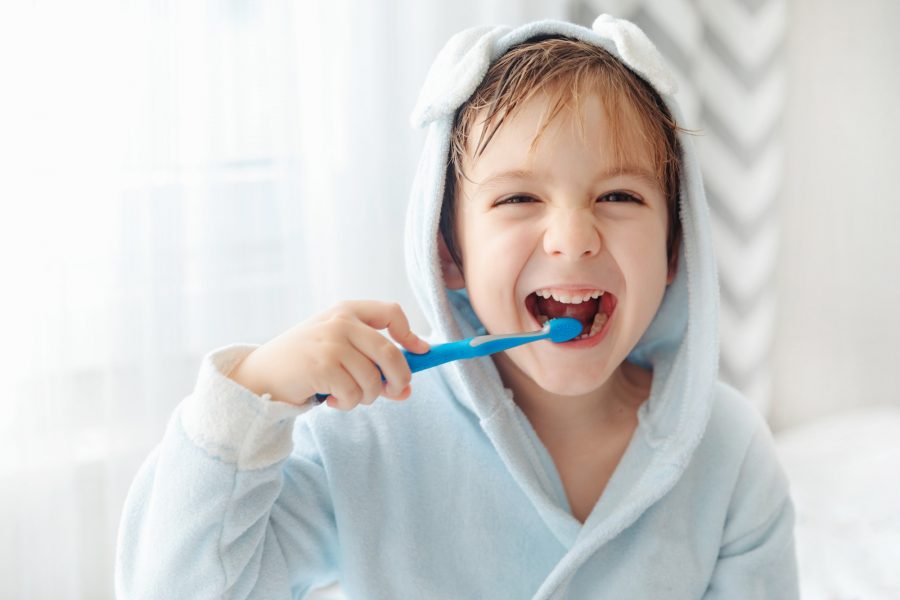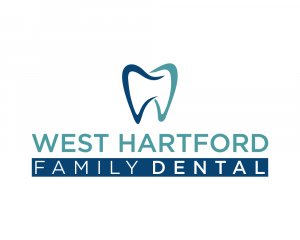Frequently Asked Questions about Children's Dental Health
In the same way that pediatricians are trained to meet a child’s medical needs, pediatric dentists are specifically trained to address your child’s oral health. In addition to 4 years of college and 4 years of dental school, your pediatric dentist has undergone an additional 2 years of specialty residency training. This extensive training equips them to deal with a multitude of medical and behavioral aspects, and qualifies them to treat special needs patients.
Age 1 or as soon as you see your child’s first tooth come in! The American Academy of Pediatrics and the American Dental Association recommend having your child’s first dental checkup at age 1 or when the first teeth erupt.
We are asked this question many times. We suggest that you prepare your child the same way that you would before their first haircut or trip to the shoe store. This will not be the frightening experience you may remember from your youth. If you are nervous about the visit, then the less you say the better. Your child’s reaction to his first visit to the dentist may surprise you.
Teething, the process of your chid’s baby (primary) teeth coming through the gums into the mouth, is different for every baby. The first baby teeth that appear are typically the lower front teeth and they usually begin erupting between the age of six and eight months.
Primary or “baby” teeth are so important for your child’s development. They naturally help children speak clearly and chew foods effectively, and also start to form the path that their permanent teeth will follow when they are ready to erupt. Good oral hygiene habits and regular dental check-ups when your children are young are so essential and can help you to encourage good oral health habits in the future!
Toothpaste with fluoride can be introduced when a child is two years of age. Before then, clean your child’s teeth with water and a soft-bristled toothbrush. When toothpaste is used after age two, supervise and assist your child to make sure he or she uses the right amount of toothpaste and not too much. Your child only needs to use just enough to create foam on the toothbrush. Children should spit out and not swallow excess toothpaste after brushing. After age three, a pea-sized amount of toothpaste should be used.
X-rays (radiographs) are an essential component in your child’s dental diagnostic process. Without them, certain dental conditions and issues can and will be missed. X-rays detect much more than cavities. If your child’s dental problems are found and treated early, dental care will be more comfortable for your child and certainly more affordable for you. Pediatric dentists are especially careful to limit the amount of radiation to which your children are exposed.
A mouthguard protects the teeth from possible sports injuries and is a smart move! In addition, it also protects the lips, cheeks, tongue, and jaw bone. Most injuries occur to the mouth and head area when a child is not wearing a mouthguard during sports. Custom mouthguards provide the most comfort and best fit for your child’s mouth. Inquire with your pediatric dentist about a custom mouthguard!
Here are some helpful resources that you may find useful!

